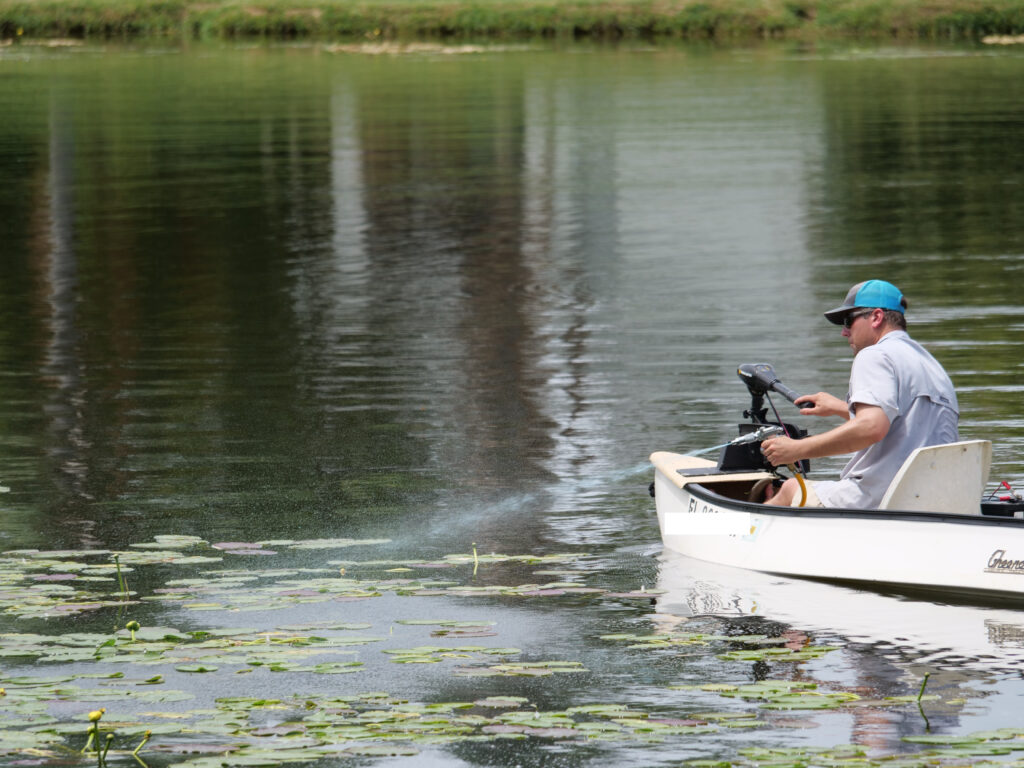One of the greatest threats to Florida’s fisheries is poor water quality resulting from too many nutrients and contaminants. Contaminants that have recently made the news are pharmaceuticals, which BTT and its collaborating scientists found in bonefish in the Florida Keys and in redfish throughout the state. Another contaminant that has long been a concern for anglers, yet one that has not received as much attention, is glyphosate—the main effective ingredient in weedkiller. This weedkiller is used extensively throughout Florida and other states for everything from agriculture to aquatic weed control. The claim has always been that glyphosate doesn’t remain in the ecosystem for very long, so it can’t be causing any problems.
Ongoing research by the non-profit Ocean Research and Conservations Association (ORCA) now shows that glyphosate does remain in the ecosystem. ORCA recently sampled the tissue of 125 fish from the Indian River Lagoon. They found glyphosate in every fish sampled. The fish could be getting the glyphosate from the water or from eating prey that are contaminated. This means that glyphosate is impacting the Indian River Lagoon ecosystem, and is most likely present in Florida’s other estuaries and freshwater lakes and rivers. Previous research out of the University of Florida showed that glyphosate caused significant health issues for largemouth bass, and we would expect similar results for marine fishes. The human health consequences of eating glyphosate-contaminated fish or consuming contaminated water are largely unknown.
The solution to this problem is straightforward – reduce or eliminate the use of glyphosate. A place to start is with the federal, state and local agencies that use glyphosate to control aquatic weeds in freshwater systems – lakes, rivers, canals – that flow into Florida’s estuaries. These agencies should implement other weed control measures. One innovative method that is increasing in use is mechanical harvesting, using what are essentially floating lawnmowers to control aquatic weeds. The harvested plants can then be emulsified and applied as fertilizer to agricultural and other lands. This would greatly reduce the amount of glyphosate being applied to our waterways.
BTT calls on all agencies that are tasked with plant management to ensure the long-term health of Florida’s environment and fisheries by working to eliminate use of glyphosate as a management tool. The use of glyphosate for weed control may be cheaper than harvest in the short-term, but the long-term impacts are negative and clear. Invest in the future.




